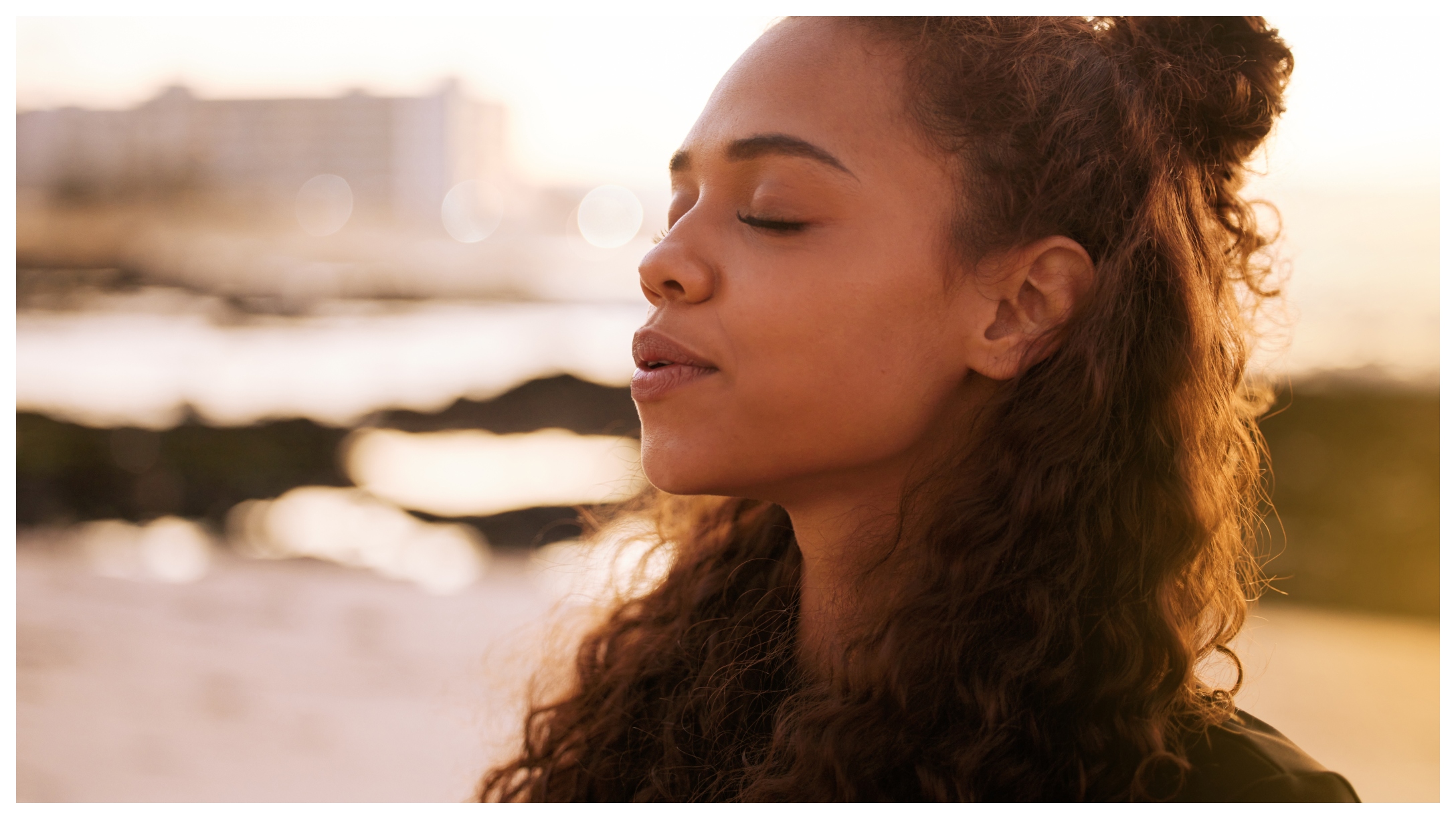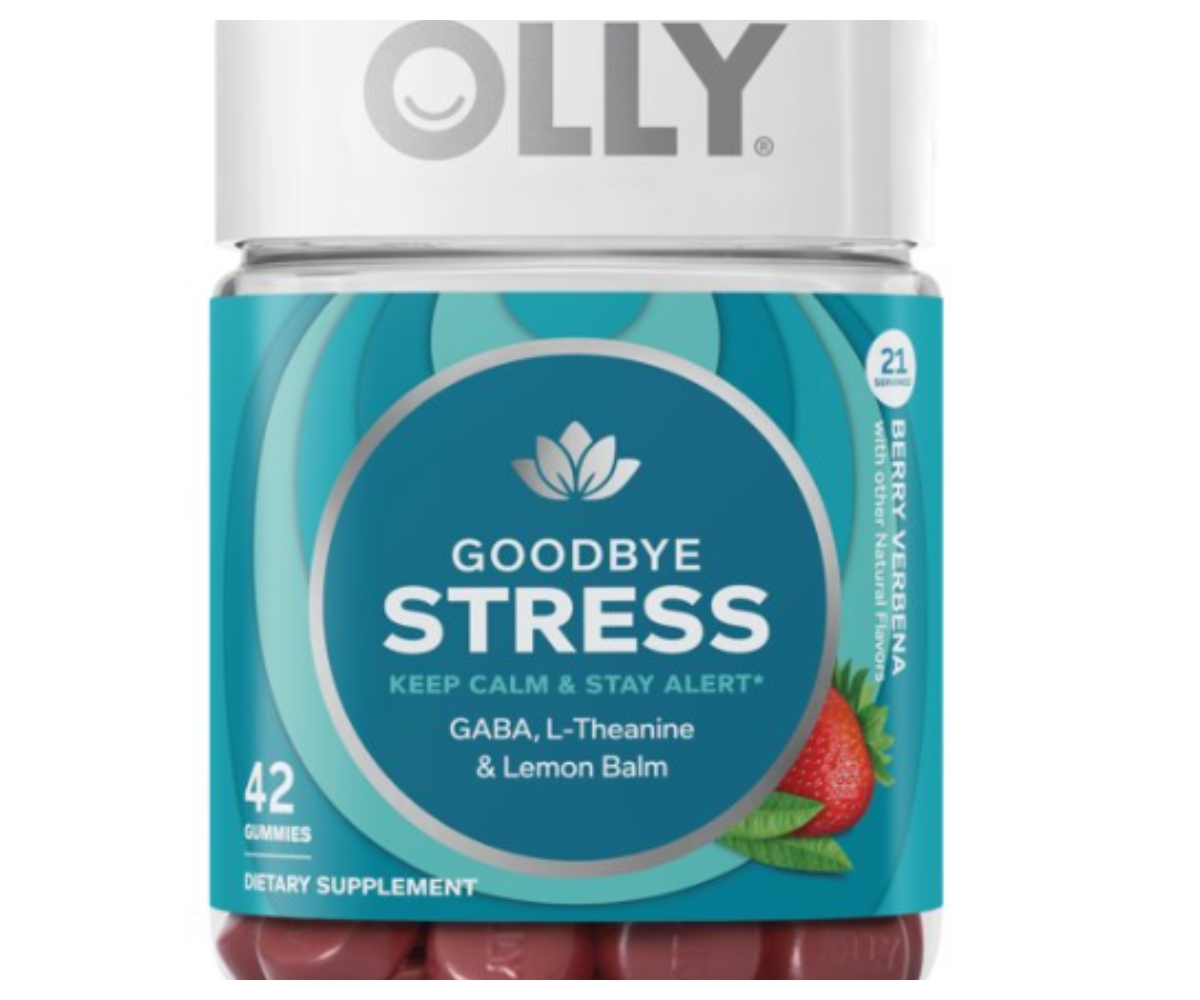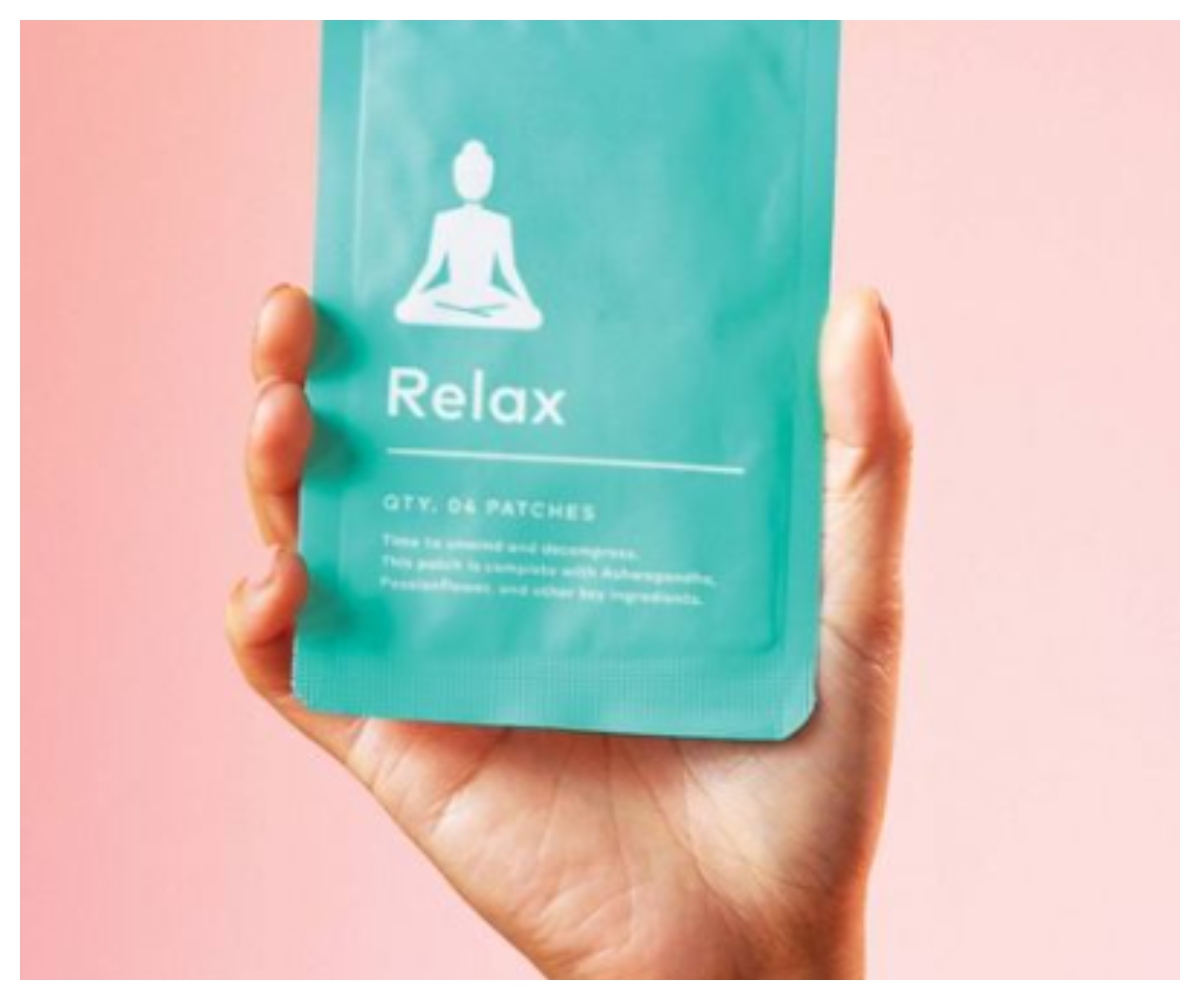
Ya know what is one of the trickiest parts of adulthood? I'm sure you already know, but I'll tell you. It's anxiety.
Anxiety is everywhere, and for a lot of people, it feels constant. It sits on your chest, or presses down on your shoulders. Perhaps it lives in the muscles of your upper back. But if you're one of the 40 million Americans who suffer from anxiety, like I am, you know exactly what I'm talking about. It's a mental health condition, yes. But the truth is, it can also feel intensely physical.
If you suffer from anxiety, you're probably no stranger to searching for answers. The truth is, there aren't many quick fixes. If there were, no one would be struggling with this incredibly common mood disorder. Medication can help many people who have been diagnosed to live their lives more fully. However, there are tricks and tools to calm anxiety naturally that you can try. I've tried just about everything there is, so I know what I'm talking about.
When it comes to products, tips, and tricks, here are some that actually work.
Disclaimer: The advice on LittleThings.com is not a substitute for consultation with a medical professional or treatment for a specific condition. You should not use this information to diagnose or treat a health problem without consulting a qualified professional. Please contact your health-care provider with questions and concerns.
1. Lower Your Caffeine Intake
I hate myself for writing this, but caffeine is not great for anxiety. It's just the truth. I love coffee, and I drink it until my chest is literally screaming at me from the inside out to STOP. IT. Then I switch to sparkling water. Caffeine is great for productivity, but it's not often great for your mental health.
If you really love your coffee, try switching to half-caf. You'll still get a brain boost, but you might be surprised that you don't feel like you're spinning in circles by noon.
2. Use an Acupressure Mat

If you suffer from anxiety and you don't use an acupressure mat, I'm telling you, you need to be. This mat does not actually have needles, of course. Instead, you lie on plastic spikes that press into your skin and hit pressure points. Resting on the mat can help you unplug from a long day, calm your brain when feelings of panic hit, and help you get to sleep.
I personally lie on my mat any time I'm having trouble dozing off, which is often, and 9 times out of 10, it helps me get to sleep. In a world of people who have difficulty sleeping, this feels like a underutilized tool, for sure.
3. Exercise for Mental Wellness, Not Just Booty Sculpting
A lot of people focus on the physical benefits of exercise. That's totally understandable and OK! But when you realize that exercise can also boost your mood and lower stress hormones, your motivation for hitting the trail or the gym might change. That's been true for me. When I started opting for workouts that I knew would have a positive impact on my mental health by lowering my anxiety, I started doing it more.
I also started choosing the exact workout I needed that day that would benefit my mental health, rather than my booty, the most. If I needed to be outside, I'd go for a long hike. If I felt my shoulders and back tensing up, I'd get on my yoga mat. If I was really cranky or mad about something, I'd get down with a kickboxing workout. In turn, approaching exercise as a tool for mental wellness has helped my anxiety in major ways.
4. Get an Emotional Support Pet
Can pets cause stress and anxiety? For sure they can. As the owner of a very challenging 1-year-old rescue dog with his own anxiety issues, I'll be the first one to admit that. But contrary to popular belief, pets are really good for mental wellness. They can even have therapeutic benefits and, if you're choosing a pet for that specific purpose, you can focus on finding one who is calm and helps you feel safe and secure!
Adopting an animal is a huge commitment, but it's one that can have big benefits. That's specifically true for sufferers of anxiety and depression.
5. Try Olly Supplements

I'm not a huge supplement person, but when you're an anxiety sufferer, I do think it's smart to do your own experimenting. There are a lot of natural ingredients that can definitely have calming effects.
One that I've found to be useful is Goodbye Stress by Olly. It's made with GABA, L-theanine, and lemon balm. When I took it consistently, I absolutely noticed that my anxiety felt a bit more chilled out. And at under $13 for over a month's supply, it's pretty affordable.
6. Learn About Breathwork
It's probably the former yoga teacher in me, but I'm a big believer in the power of the breath. Your breath is the thing that gives you life, and it's also the thing that makes you know you're alive. That also means that when you're anxious, your breathing patterns are the first thing to change.
Taking action by controlling and slowing your breathing can help you game the system, however. There are many different breathing techniques aimed specifically at lowering stress and anxiety. But for starters, taking long, slow, deep breaths, filling your belly, then letting all of the breath out can be a huge help.
Check out more breathwork techniques at Healthline.
7. Address the Stress
This is not an easy exercise, but it's bound to be effective. Anxiety can be something you cope with on the regular, or it can be situational. One important thing to do, if you're suffering, is to try to understand where your anxiety is coming from. Is there a life situation that, when alleviated, could shift your mental health for the better?
Assess what's going on in your life so that you can make positive changes. They might not all be easy to make, but your health is worth it.
8. Make Sleep One of Your Biggest Priorities
You know that icky feeling when you get up in the morning after a terrible night of very little sleep? It's the absolute worst. You know you have so much to do and that you're going to be doing it while utterly exhausted.
But it's also more than that. It's not just the added stress of going through your day while tired. You're also on edge because your stress hormones are elevated from lack of sleep. It can also create a vicious cycle of going to bed overtired and anxious, leading to more bad sleep.
For so many reasons, but mainly for your anxiety, sleep should be a priority. Going to bed early and setting yourself up for proper sleep — whether you need a sound machine, an eye mask, blackout curtains, or whatever it is — is crucial in lowering anxiety.
9. Step Away From Your Phone
It's beating a dead horse at this point, but screens keep our minds active and overstimulated. If you're having a ton of anxiety and you don't know why, it might be particularly because of the devices that keep your life running. The only thing is, your brain isn't supposed to be running nonstop.
Taking phone breaks is a super-healthy practice that can help calm your mind. Try doing it on the regular — and definitely before bed.
10. Get the Calm App
One of the best apps for calming down is, fittingly, called Calm. Focusing on mental wellness, the app can help people experience less anxiety and get better sleep. I like it because it has lots of options. There are sleep stories to help prepare your mind for bedtime. There are also guided meditations for moments of anxiety, calming music, and more.
Start your free trial today.
11. Talk About It
It's one of the easiest things to say we "should" do, and one of the hardest to actually do, but talking about your anxiety can help relieve it. Whether you talk to a therapist or a trusted friend, getting your emotions off your chest (literally!) can feel like a weight lifted.
Talk therapy has so many benefits, but when it comes to anxiety, it's massively important to open up. Anxiety can be totally debilitating, and if that's true for you, talking about what's going on in your life, or how you're feeling, is tremendously important.
Personally, I love going to therapy because I always feel a little calmer after a session. Simply getting my thoughts out of my head just feels good.
12. Clean Up Your Diet
Here's the thing about anxiety and stress: It convinces you to make unhealthy choices. When you feel bad, you tell yourself it's OK to indulge. It's fine to have that extra drink or that whole pint of ice cream. "I had a rough day!" your mind says. But the truth is, consistently putting too much of anything — caffeine, alcohol, sugar — into your body is not great. And in terms of mental wellness, it can make you feel a whole lot worse. Plus, if you start to physically feel off from not taking care of your body, you're going to feel worse mentally.
If your anxiety has been fierce, clean up your diet and see if it helps quiet some of the noise. Sometimes, the simple act of knowing you're putting in efforts to take care of yourself can make you feel good.
13. Use the Good Patch for Relaxation

Maybe it's in my head — hey, isn't everything? — but the Good Patch, which is a wellness patch for relaxation, actually works. You slap them on your body whenever you feel tension creeping in. Maybe it's psychosomatic. Maybe not. Either way, the ingredients are natural. They're cheap and easy to use. You can also pick them up just about anywhere, so the Good Patch is a safe bet.
 $79.98
from
$79.98
from
 Price may vary
from
Price may vary
from




